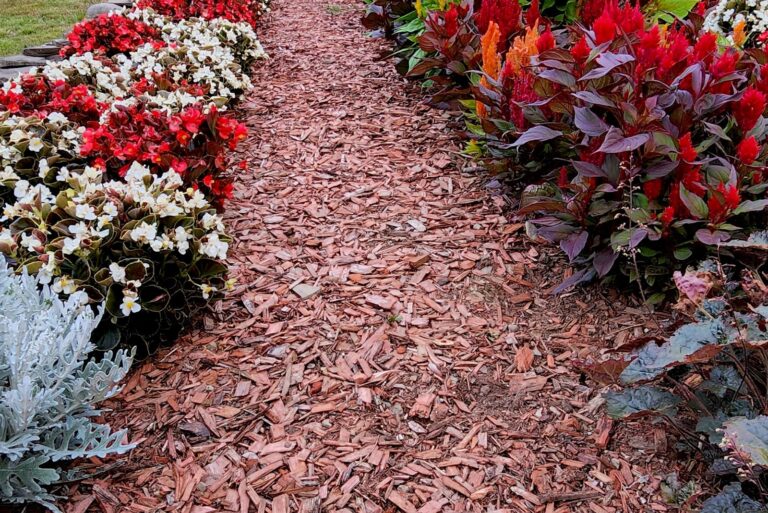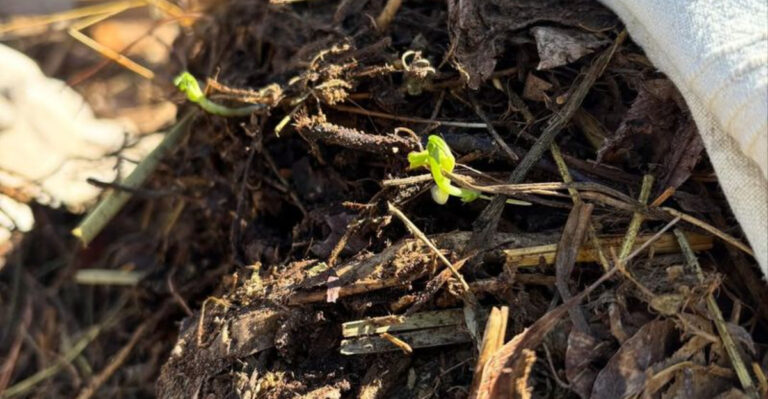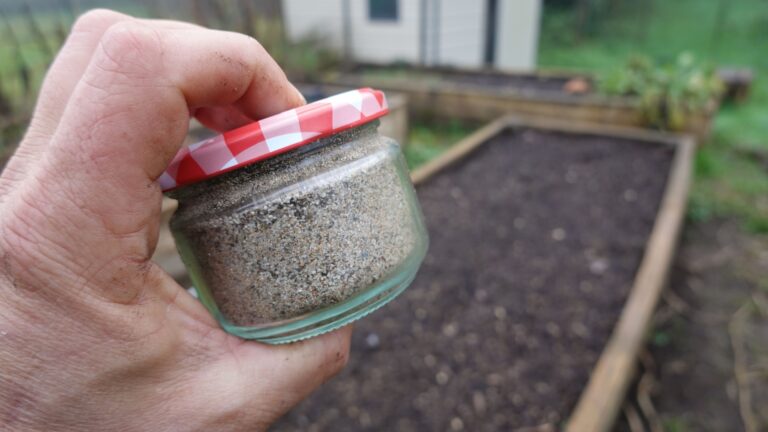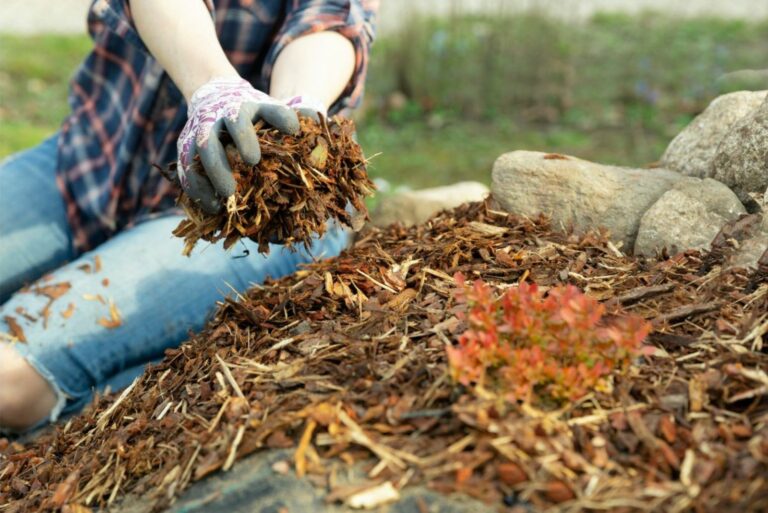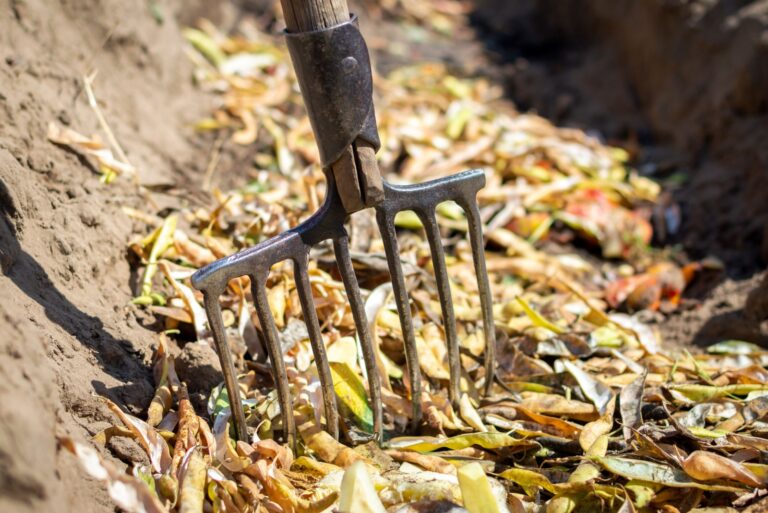Ways To Keep Soil Care Affordable In Colorado Even With Rising Fertilizer Costs
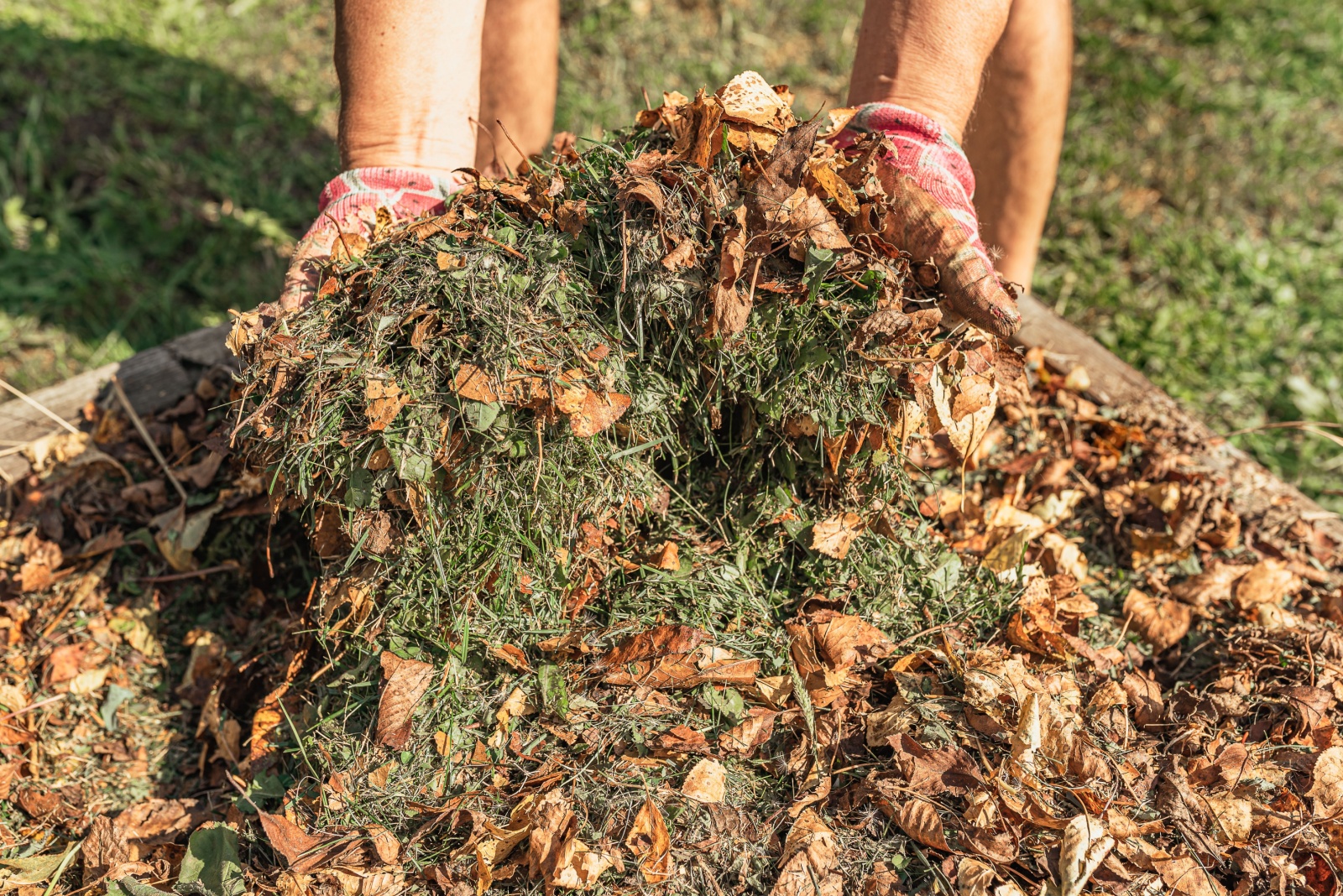
Colorado gardeners are feeling the pinch as fertilizer prices continue to climb, stretching budgets thin. Healthy soil remains the foundation of successful gardens and farms across our state’s unique climate zones.
Fortunately, there are smart ways to maintain soil health without breaking the bank, using resources already available in our communities and natural environment.
1. Start Composting Kitchen Scraps
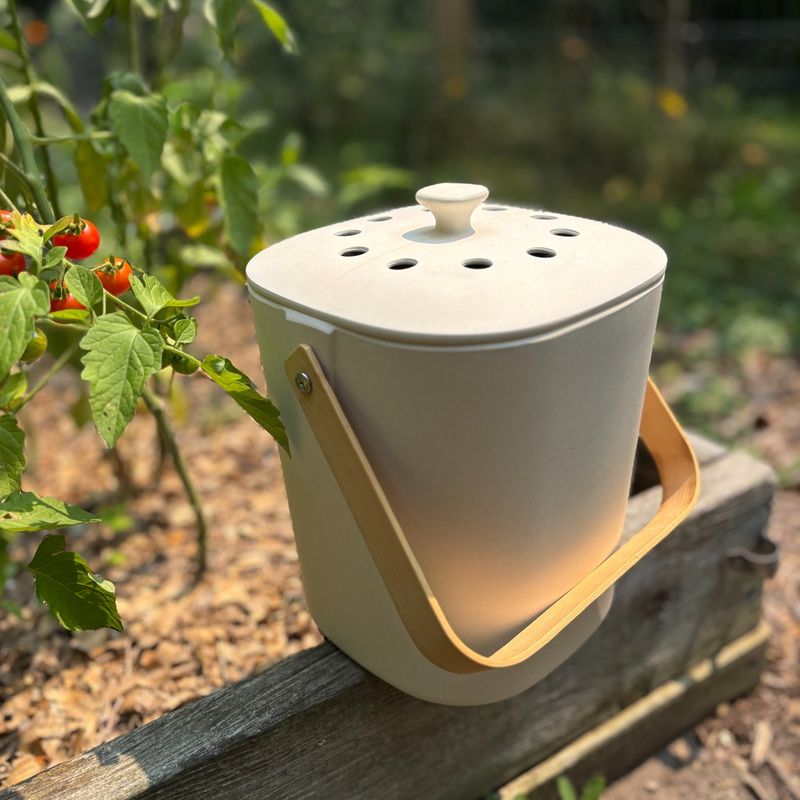
Transform your vegetable peels, coffee grounds, and eggshells into garden gold. Setting up a simple compost bin turns waste into nutrient-rich soil amendment at virtually no cost.
Many Colorado gardeners save hundreds of dollars annually by replacing store-bought fertilizers with homemade compost. The microorganisms in compost improve soil structure while slowly releasing essential nutrients plants need.
2. Grow Cover Crops During Off-Seasons
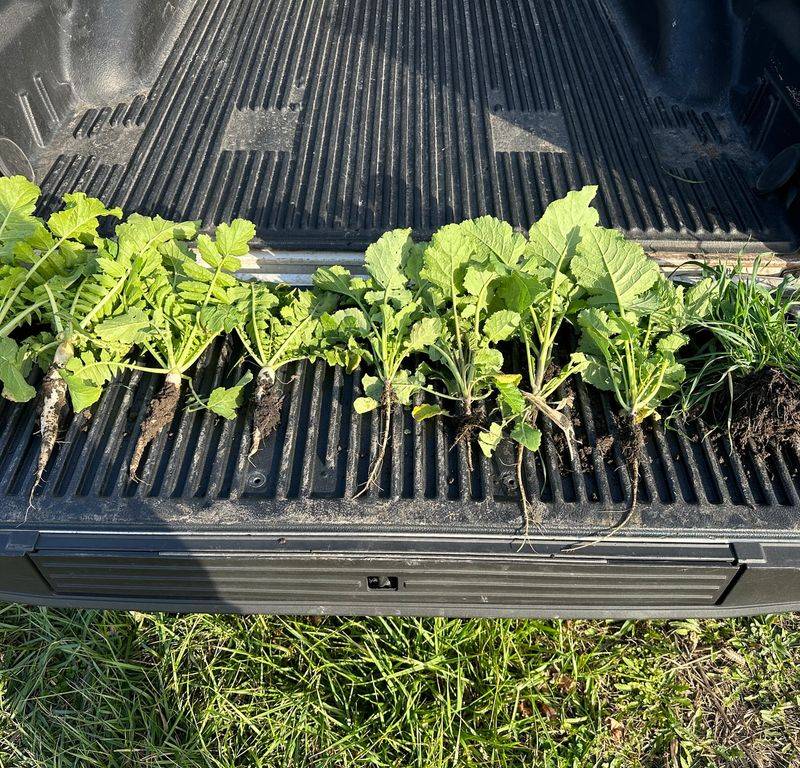
Winter rye, clover, and vetch work magic in Colorado’s soil during off-seasons. Plant these hardy crops in fall or early spring when garden beds would otherwise sit empty.
As cover crops grow, they pull nutrients from deep soil layers while protecting topsoil from erosion. When turned under, they decompose into natural fertilizer, adding organic matter that improves water retention in our dry climate.
3. Join Local Manure-Sharing Networks
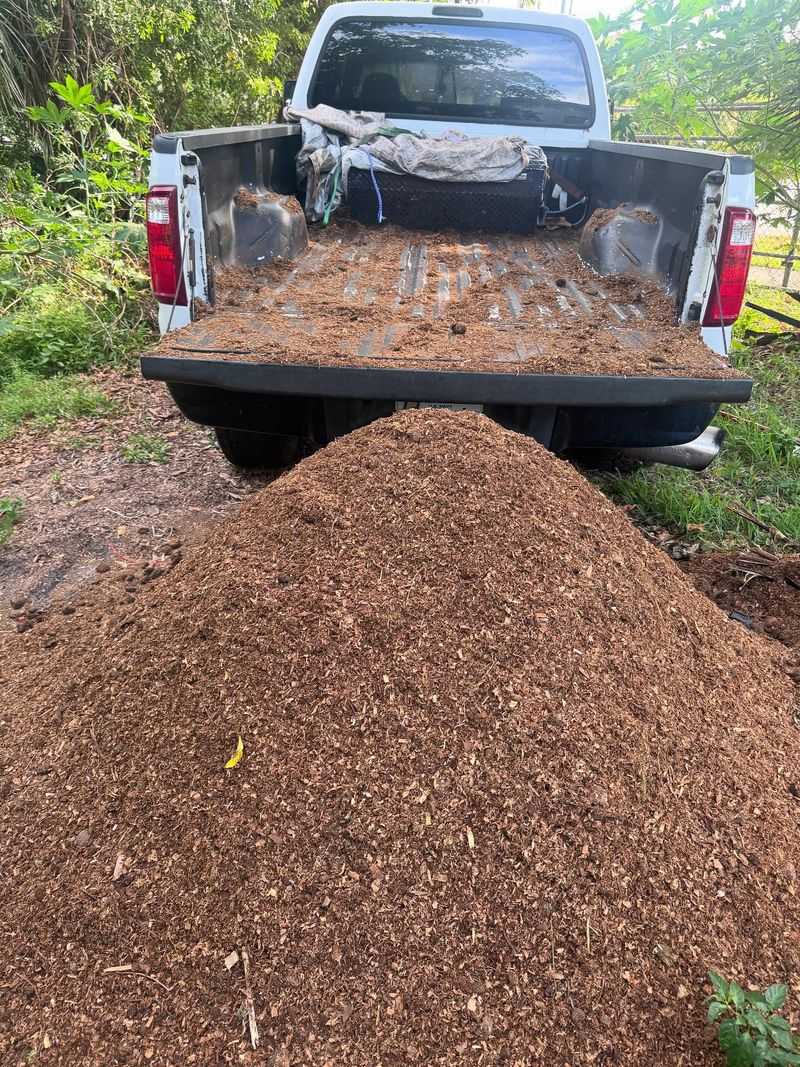
Colorado’s abundance of horses, alpacas, and cattle creates opportunities for free soil amendments. Many ranchers and stable owners are happy to give away manure rather than pay for disposal.
Connect with local stables through Facebook groups or community boards. Well-aged manure provides slow-release nutrients and improves soil structure. Just remember to compost it properly before applying to food gardens.
4. Mulch Everything Possible
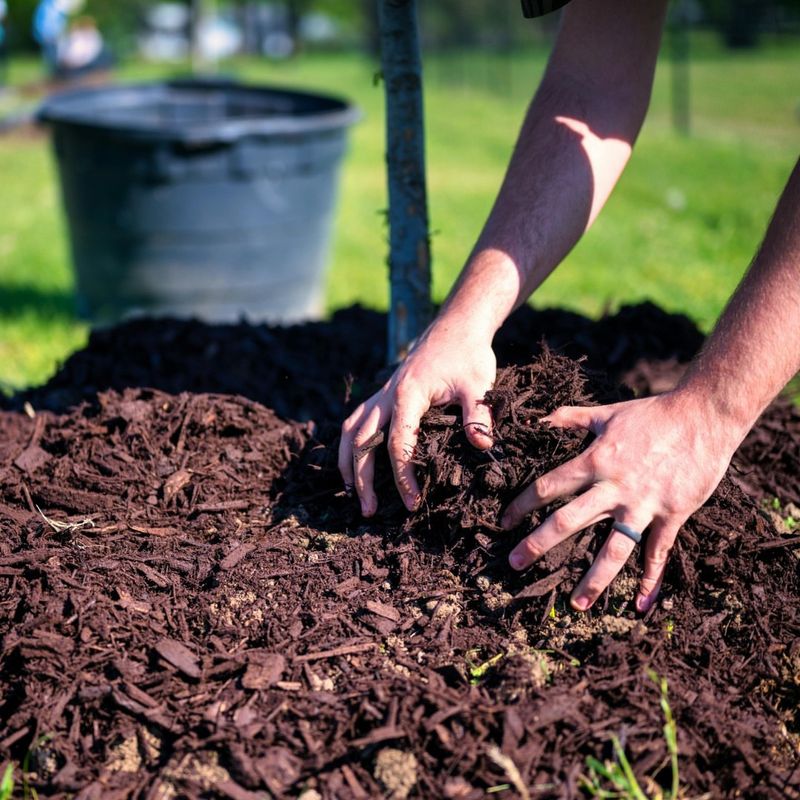
Free mulch awaits at municipal yard waste sites across Colorado. Local tree services often give away wood chips for nothing but the effort of picking them up.
Applying a 3-inch layer of mulch dramatically reduces water needs while suppressing weeds. As it breaks down, mulch feeds soil organisms that improve fertility naturally. For vegetable gardens, grass clippings and autumn leaves make excellent no-cost mulch options.
5. Practice Crop Rotation Strategies
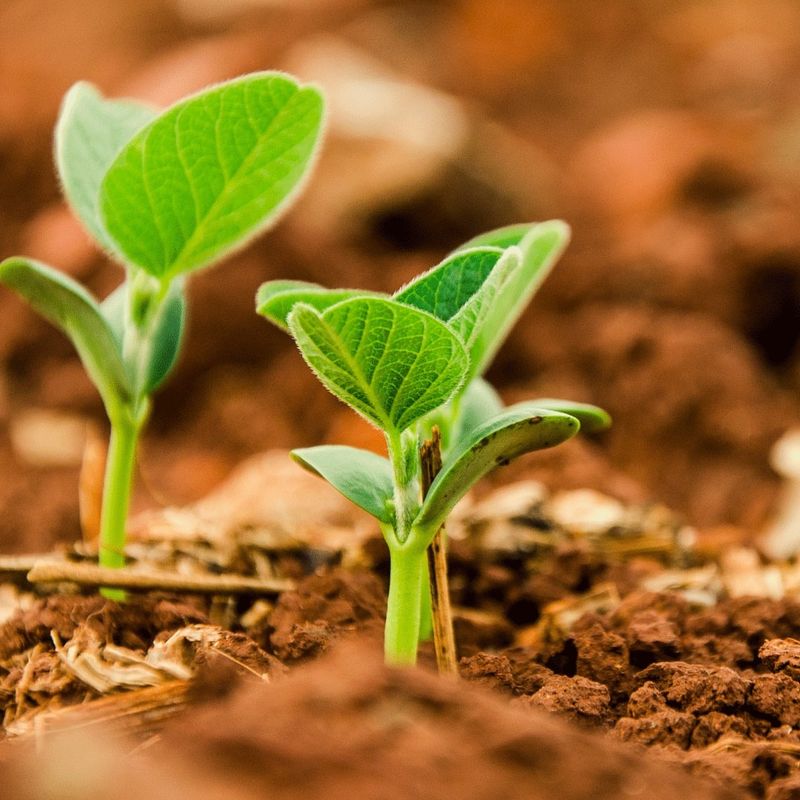
Moving plant families to different garden sections each season prevents nutrient depletion. Heavy feeders like tomatoes should follow nitrogen-fixers like beans or peas.
Map your garden and track what grows where. Colorado’s short growing season makes proper rotation even more valuable for soil health. Rotating crops also disrupts pest cycles and reduces disease problems, saving money on treatments and replacements.
6. Collect Free Soil Tests
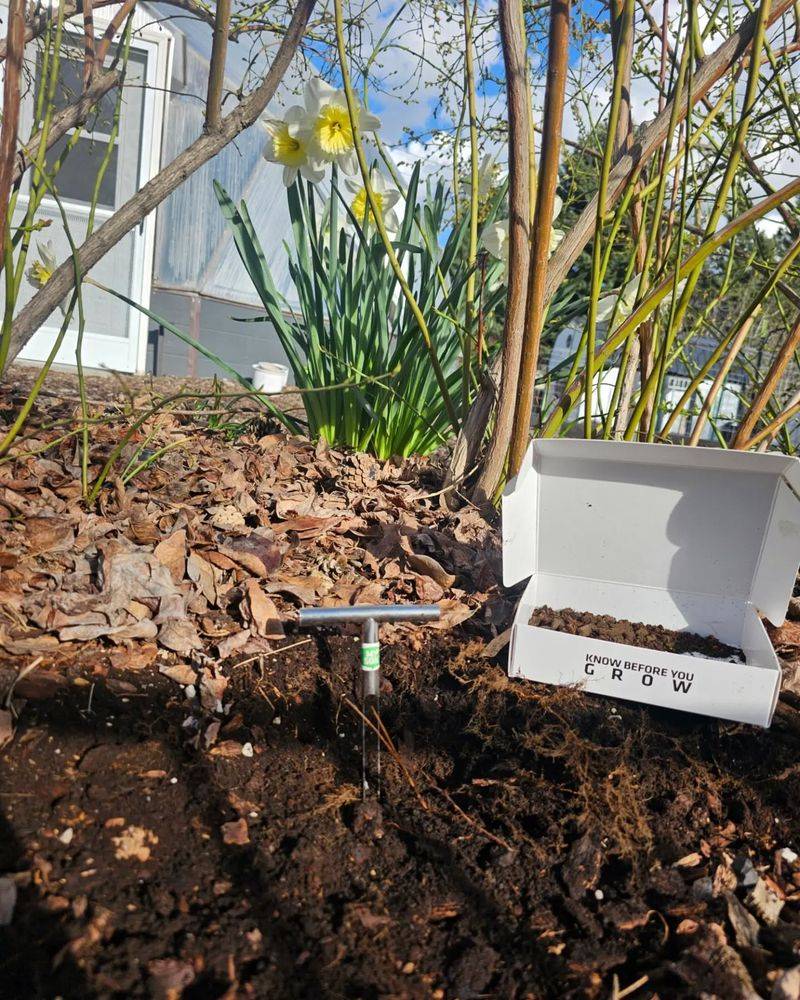
Many Colorado counties offer free or discounted soil testing through Extension offices. Knowing exactly what your soil needs prevents wasting money on unnecessary amendments.
Tests reveal nutrient levels, pH, and organic matter content. The results come with specific recommendations tailored to Colorado’s unique soils. This targeted approach ensures you buy only what your garden truly needs, eliminating guesswork and unnecessary expenses.
7. Brew Compost Tea For Liquid Feeding
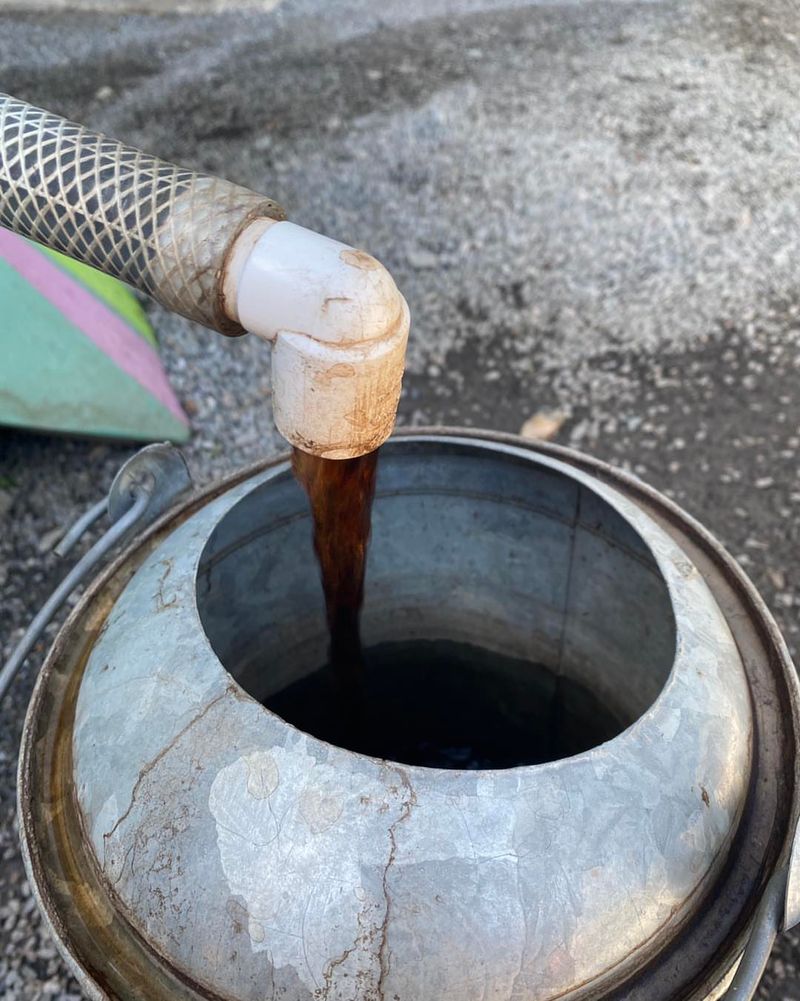
A bucket of water, handful of compost, and old pillowcase create powerful liquid fertilizer. Steep the compost-filled pillowcase in water for 24-48 hours, stirring occasionally.
The resulting brew delivers beneficial microbes directly to plant roots. Colorado gardeners find this especially valuable for container plants and during drought periods. One batch treats multiple plants, stretching your fertilizer dollars while improving soil biology.
8. Establish Worm Composting Bins
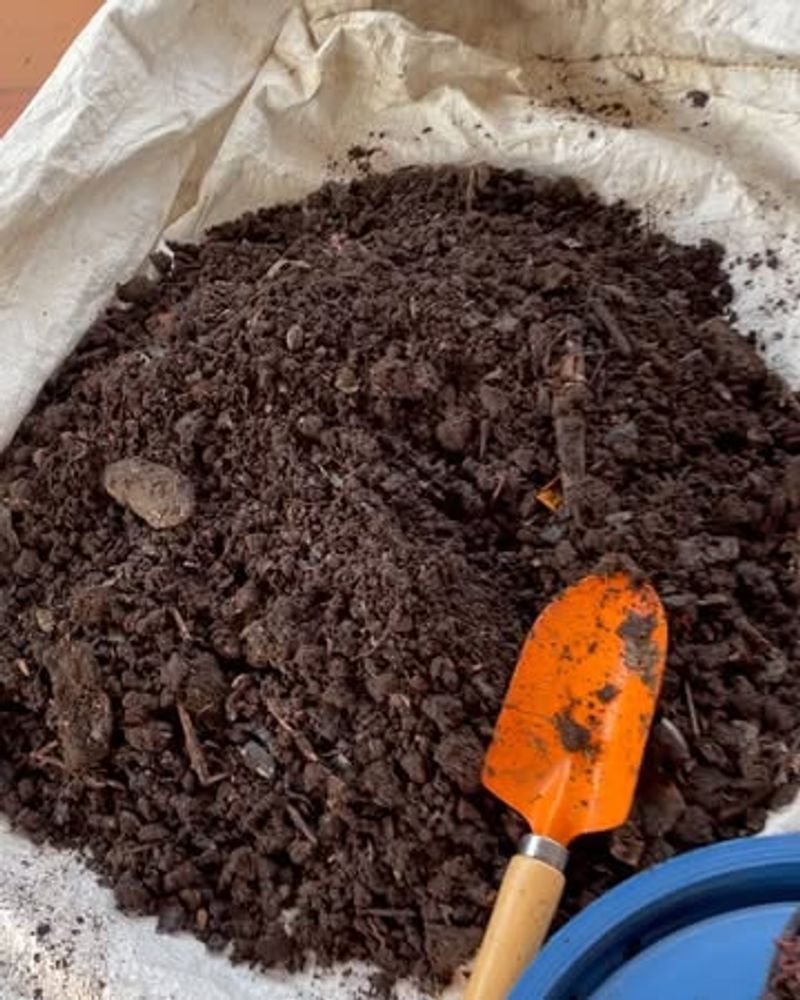
Red wiggler worms transform kitchen scraps into premium fertilizer even in small spaces. A simple bin under the sink produces rich worm castings year-round, regardless of Colorado’s outdoor temperatures.
Worm castings contain enzymes and beneficial bacteria that boost plant immunity. The liquid that drains from worm bins makes an excellent fertilizer when diluted. Apartment dwellers particularly benefit from this space-saving fertilizer factory.
9. Tap Into Coffee Shop Waste
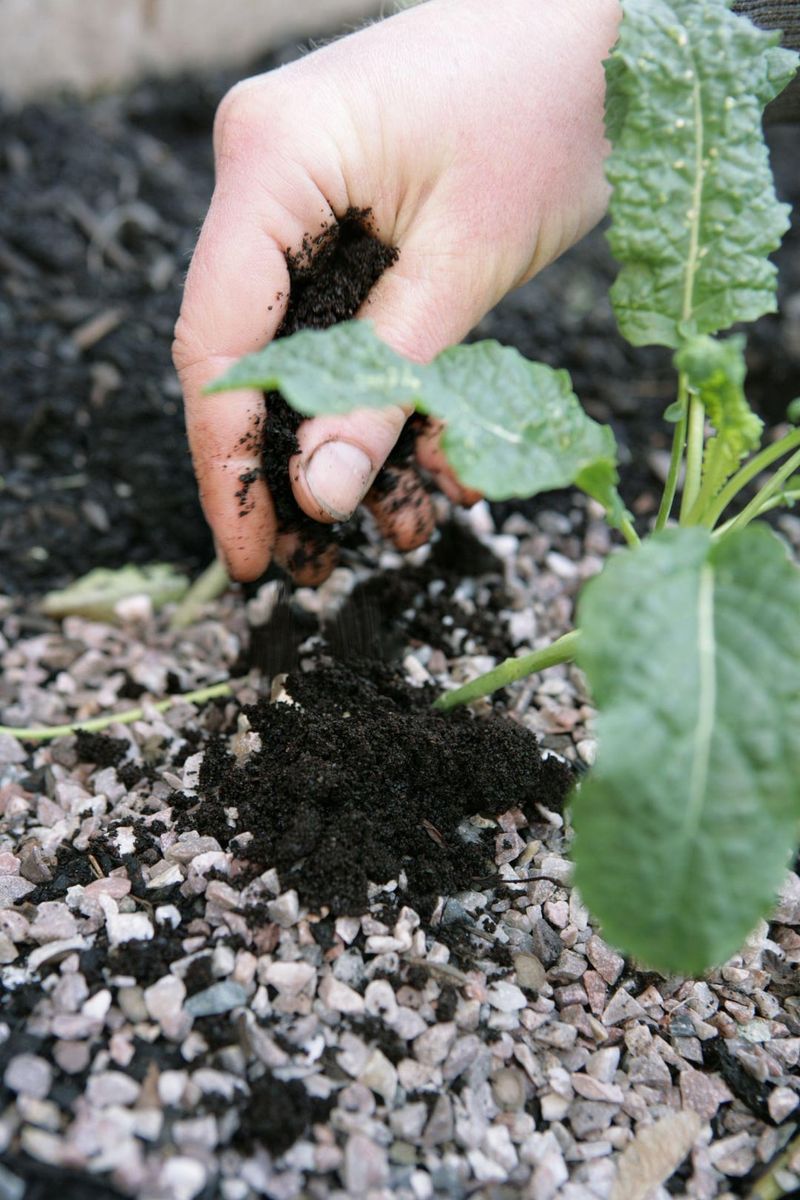
Local coffee shops generate mountains of used grounds perfect for garden soil. Most are happy to set aside bags for gardeners rather than sending them to landfills.
Coffee grounds add nitrogen and organic matter while improving drainage in Colorado’s clay soils. They also repel certain pests naturally. Sprinkle grounds directly around acid-loving plants like blueberries, or add to compost piles to accelerate decomposition.
10. Form Neighborhood Soil-Building Cooperatives
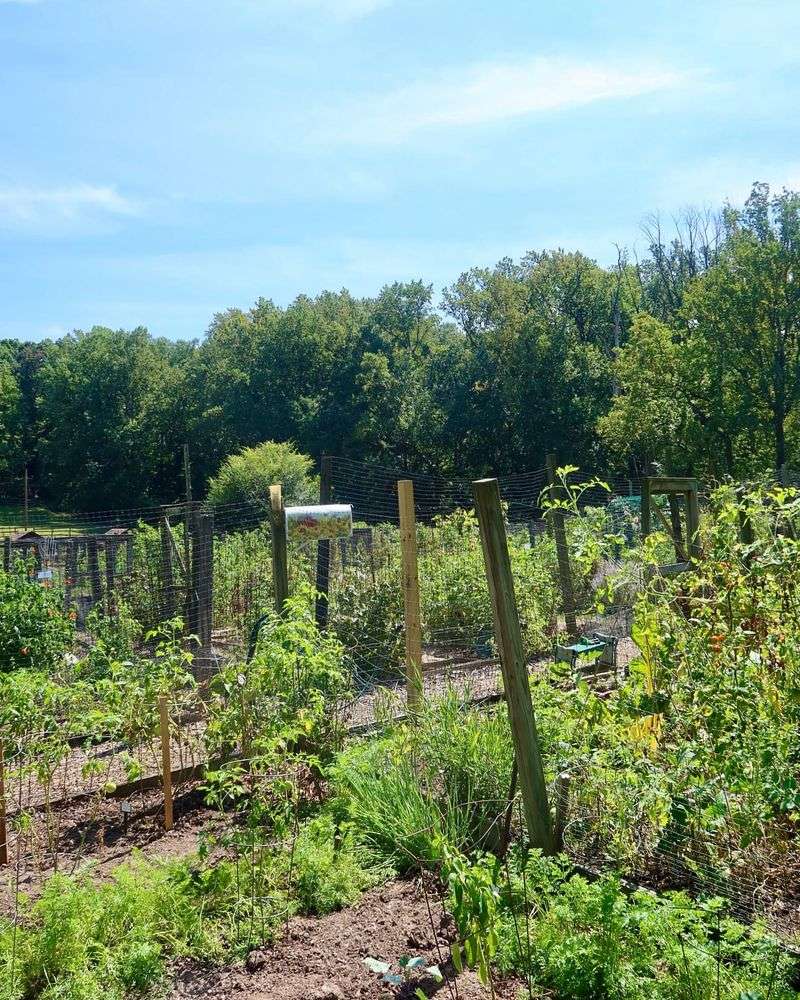
Pooling resources with neighbors creates economies of scale for soil improvement. Five families sharing the cost of one truckload of compost makes quality amendments affordable for everyone.
Colorado neighborhoods can organize leaf collection in fall and distribute the resulting leaf mold in spring. Community composting efforts turn collective waste into shared wealth. Some groups even purchase equipment together, like chippers for making mulch from pruned branches.

